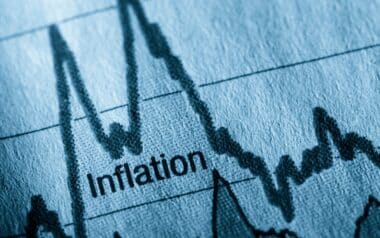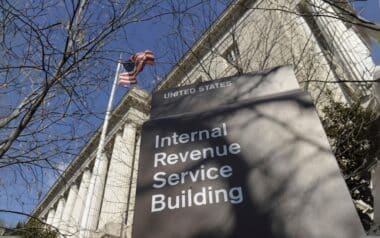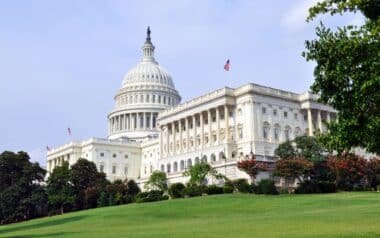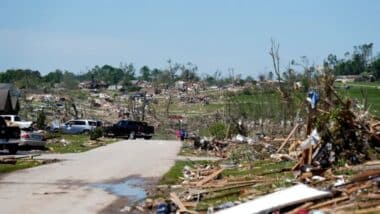Trump Administration Pulls $24 Million from Denver’s Migrant Support Programs
Denver has just lost a crucial $24 million federal grant, putting migrant support programs at risk. This sudden cut comes…
Housing & Real Estate
Emergency Housing Voucher Program May End Early, Threatening Housing Security for 60,000
Join our social media
For even more exclusive content!
Economy

Newsletter





























